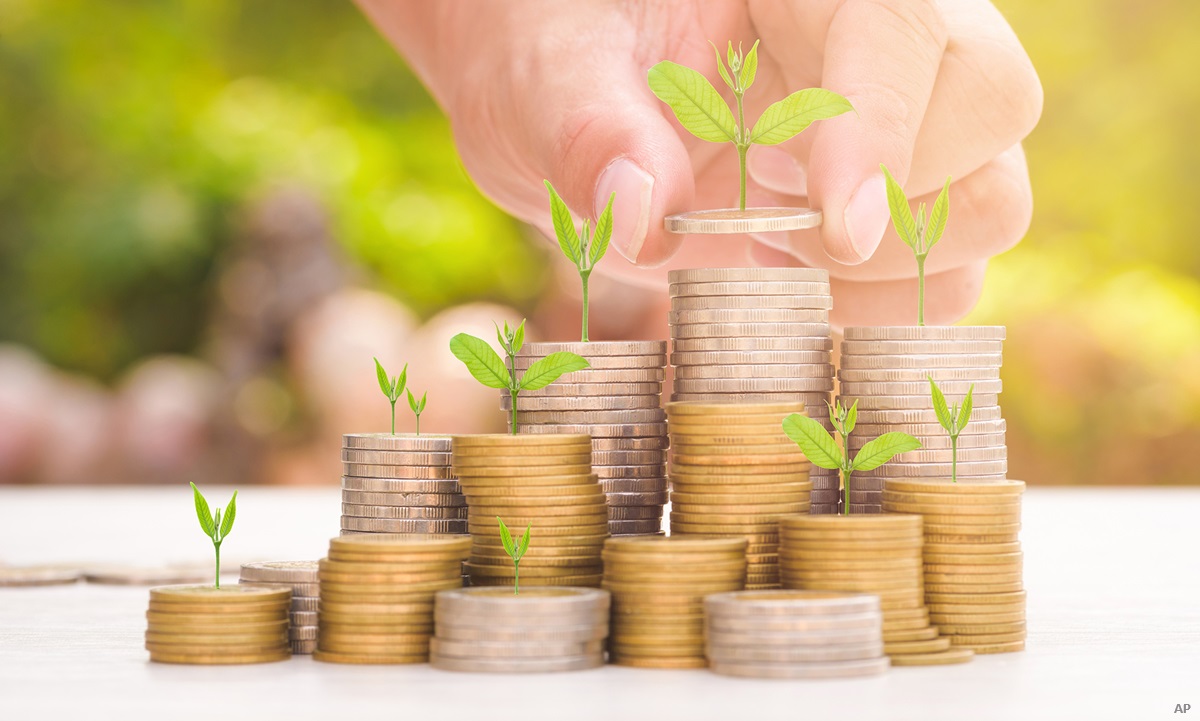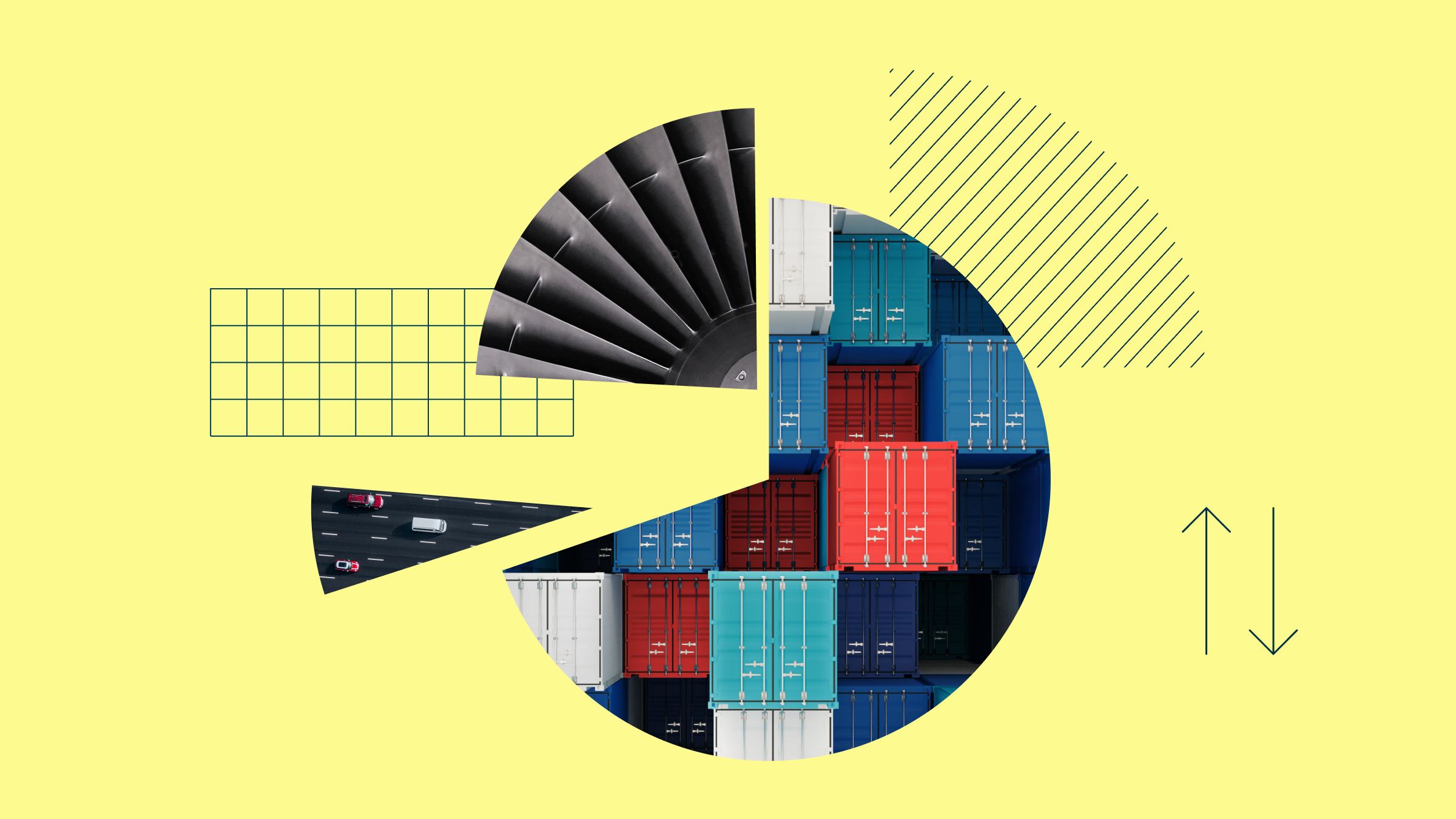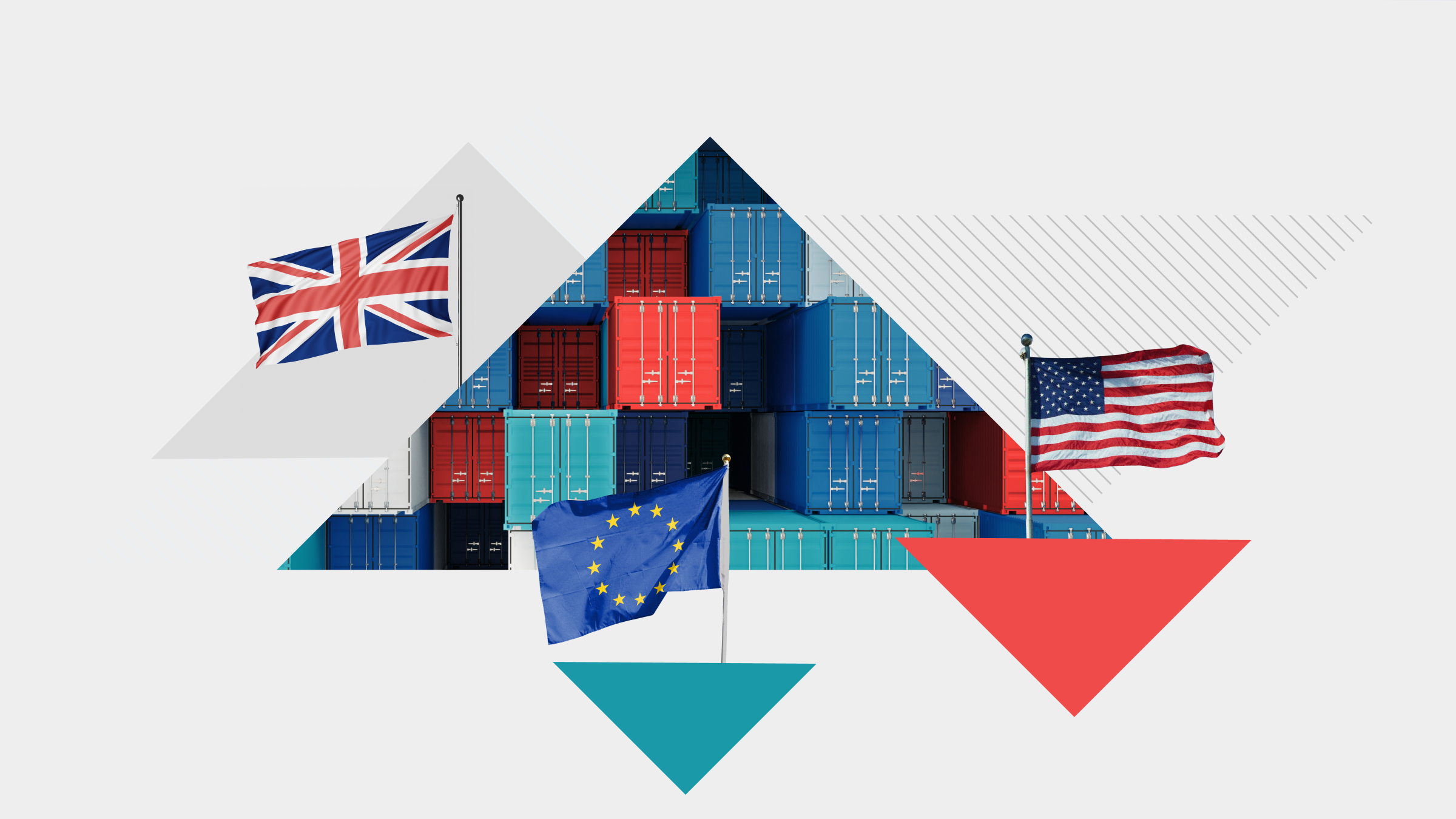Holly Black: Welcome to Morningstar. I'm Holly Black. With me is Tancrede Fulop. He is an equity analyst at Morningstar in Amsterdam. Hello.
Tancrede Fulop: Hello, Holly.
Black: So, we're talking ESG this week. And I think this has been quite a big theme this year even in the Covid-19 sell-off because people have started to see that companies displaying good ESG characteristics have actually performed very well and proved very resilient in the sell-off. And you've been looking at a few areas in particular. How have you found companies exposed to the energy transition have performed?
Fulop: Yes. So, if you look at the European utilities, which is positively exposed to energy transition, thanks to renewables and electrification of the economy, the sector registered pretty well because it is flat year-to-date versus the bond market which is down by around 10%.
And if you compare the European utilities to the European energy sector, the European energy sector is down by around 35% year-to-date and along with that it reflects negative exposure of this sector to – of oil and gas sector to energy transition. And if you look within the European utilities, the best performing European utilities year-to-date are companies with highest exposure to renewables like Ørsted, Iberdrola, Enel or RWE. And on the other hand, the worst performing European utility year-to-date is Centrica which is the European utility with the highest exposure to energy, to oil and gas production.
Black: And I think we've also seen this year that the way companies have handled and reacted to the coronavirus pandemic has really varied. So, you've been looking at the drinks space and actually how some of these companies have handled the crisis or that might have even improved their ESG credentials.
Fulop: Yes, exactly. This is the work that our colleagues at Sustainalytics have done. Morningstar has just acquired Sustainalytics. So, they analysed the contribution of the beer, wine and spirits sector to fight Covid-19 impact and these contributions mostly include the productions of hand sanitizers, guaranteeing no lay-offs and assisting hotels, bar and restaurants with their lease obligations. So, our colleagues at Sustainalytics, they show that efforts from these companies against Covid-19 may improve how the public pursue them and marginally these efforts might reduce the ESG risks of these companies, especially the environmental and social impact of their products and human capital which have the most material ESG issues for this diverse industry.
So, two examples of companies standing out in efforts against the Covid-19 – Pernod Ricard which has started producing hand sanitisers on a large scale utilising the company's distilleries across the globe and Pernod Ricard has one of the best score in managing human capital risk. Another company is Heineken. Heineken has guaranteed no layoffs of employees this year and support its on market customers, namely, hotels, bars and restaurants and Heineken also scores well on its management of environmental and social impact of products.
Black: Tancrede, thank you so much for your time. For Morningstar, I'm Holly Black.





:quality(80)/cloudfront-us-east-1.images.arcpublishing.com/morningstar/6BCTH5O2DVGYHBA4UDPCFNXA7M.png)















